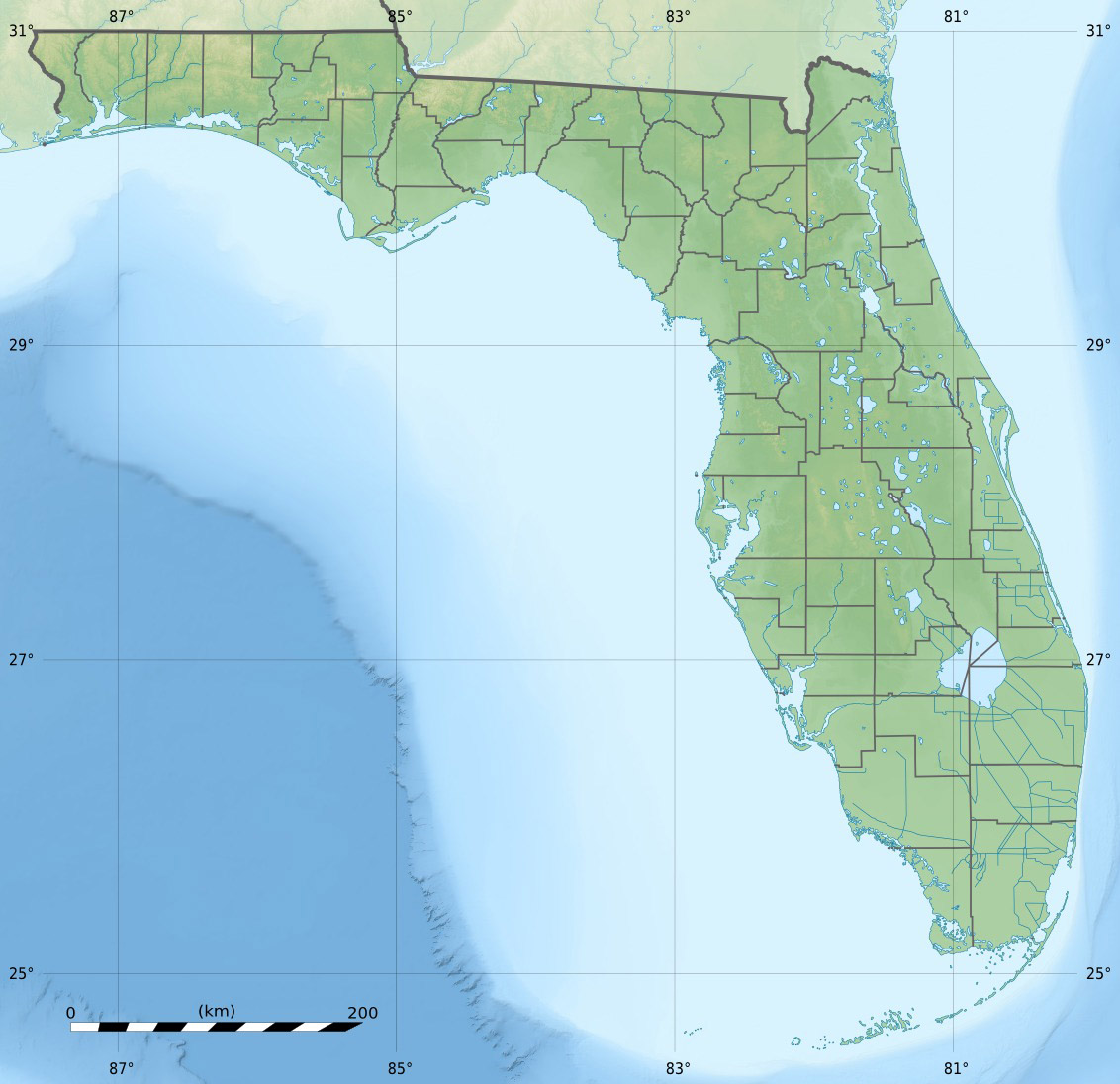Key takeaways
- Florida’s attorney general says open carry is now legal after a court struck down the ban.
- The 1987 open carry prohibition was ruled unconstitutional by a state appeals court.
- Law enforcement must stop arresting people who carry guns openly in public.
- Critics worry the change could harm tourism and public safety.
Florida’s attorney general, James Uthmeier, told sheriffs and police chiefs to stop arresting people who openly carry guns. He issued a guidance memo after a state appeals court found the 1987 ban unconstitutional. As a result, open carry is now the law of the state. This sudden shift raises questions about safety and visitor confidence.
Understanding Florida’s Open Carry Decision
Last Wednesday, a three-judge panel in Tallahassee ruled that Florida’s decades-old open carry ban violated the Second Amendment. The judges said the law conflicted with people’s right to bear arms. In response, Uthmeier shared a memo via social media platform X, stating, “Open carry is the law of the state.” He urged local law enforcement to follow the court’s ruling immediately.
What Open Carry Means for Floridians
Open carry lets someone carry a visible firearm in public without a permit. In Florida, this ban has been in place since 1987. Now, residents and visitors can stroll down the street with a holstered handgun on their hip, as long as they follow other gun laws. People must still avoid carrying guns in schools, government buildings, and private properties that forbid weapons.
Safety, Tourism, and Mixed Reactions
Democrats in the state warn that suddenly allowing open carry could hurt safety and tourism. Nikki Fried, leader of the Florida Democratic Party, argued that open carry will make people feel less safe. She said this decision could erode trust among residents and tourists alike. Indeed, Florida relies heavily on visitors for hotels, restaurants, and attractions.
Online users weighed in quickly. One user on X said tourists might stay away if they see people openly carrying guns. Another blamed state GOP leaders for shifting focus away from other gun issues. Some joked about Florida becoming the “Gunshine State,” warning travelers about armed locals and road rage risks. These reactions show both concern and humor as people adjust to the new rule.
The New Gun Rules and Your Visit
If you plan to visit Florida, keep these points in mind:
- You may see licensed gun owners walking with holstered firearms.
- Open carry still bans guns in sensitive areas like schools and courthouses.
- You must have a concealed weapon permit to carry a hidden gun.
- Always respect business or private property rules that forbid weapons.
Therefore, open carry could feel normal to some and alarming to others. Visitors should stay informed about local ordinances and company policies before carrying any weapon.
Why Only Three States Still Ban Open Carry
With Florida’s change, only California, Connecticut, and Illinois still ban open carry. Other states have adopted similar rulings or passed laws to allow visible firearms. Florida’s shift aligns the state with most of the country on this issue. As a result, more Americans now have the right to carry guns openly if they meet state requirements.
Balancing Rights and Public Confidence
Proponents of open carry say it upholds Second Amendment rights and can deter crime. They argue armed citizens may prevent or stop violent acts. However, opponents worry more guns in public could spark accidents or escalate conflicts. They also fear that tourists might avoid a state where everyday gun sighting is common.
In response, law enforcement leaders need to train officers on handling open carry situations. Clear guidelines can help officers distinguish between lawful gun carriers and those who pose a threat. In addition, public outreach can explain the new rules and ease visitor concerns.
Looking Ahead for Florida
The appeal court’s ruling could face a review by the full appeals court or even the state supreme court. Until then, open carry remains legal. Lawmakers could step in to craft a new law and set clear standards. Meanwhile, local communities must decide how to coexist with open carry in public spaces.
Moreover, business owners may post signs banning weapons on their property. Schools and private venues can also enforce gun-free zones. These options let Floridians and visitors feel safer without challenging the court’s decision.
The bottom line is that Florida’s open carry change could shift daily life and tourism patterns. Some will feel empowered by their rights, while others may feel less safe in public. Ultimately, time and community feedback will show how this policy shapes Florida’s reputation as a travel destination.
Frequently Asked Questions
What exactly is open carry?
Open carry means displaying a firearm in public with no concealment. It differs from concealed carry, which keeps the weapon hidden.
Why did a court rule Florida’s open carry ban unconstitutional?
Judges found the old ban conflicted with the Second Amendment’s protection of the right to bear arms.
How could open carry affect tourism in Florida?
Some worry visitors might feel uneasy around openly carried guns, leading them to choose other destinations.
Where can people not carry guns under the new open carry rule?
People still may not carry guns in schools, court buildings, prisons, or private properties that post no-gun signs.
